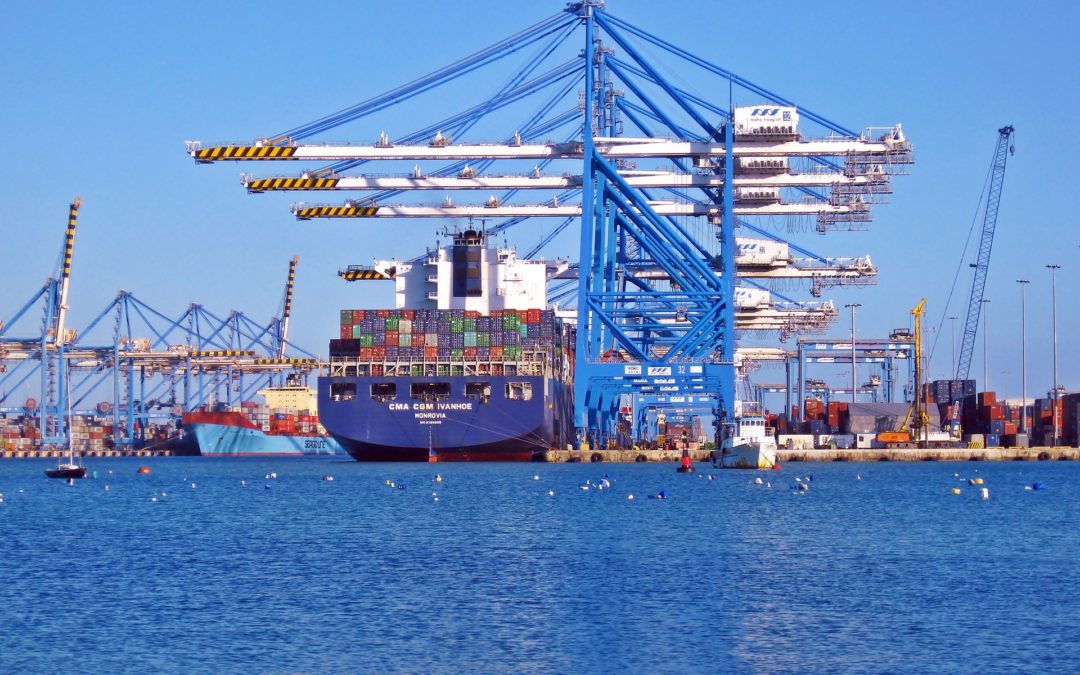In FY2016, US Customs seized more than 31,000 shipments of fake products worth nearly $1.4 billion, according to data from the US Customs and Border Protection’s annual report. ICE Director Sarah Saldana made clear the impact that counterfeit goods have on our economy:
“Intellectual property theft is not a victimless crime.
The victims are American businesses, and the employees whose
jobs are dependent on IP-intensive industries. Counterfeiting is a crime
of global proportions, and when property rights are violated,
American jobs are lost, business profits are stolen
and ultimately, consumers are cheated.”
The top items seized in 2016 were:
- Wearing apparel/accessories (20%)
- Consumer electronics (16%)
- Footwear (12%)
- Watches/Jewelry (11%)
- Handbags/Wallets (10%)
- Pharmaceuticals/Persona Care (8%)
Most counterfeit goods come from the People’s Republic of China. Items seized had a value of nearly $617 million, representing 45% of all seizures in 2016. Hong Kong ranks a close second with nearly $600 million or 43%.
Americans are seeing these knockoff items in online sales venues such as Amazon and Ebay. A 2016 CNBC report stated that “to unsuspecting consumers, fake products can appear legitimate because of the Fulfillment by Amazon program, which lets manufacturers send their goods to Amazon’s fulfillment centers and hand over a bigger commission, gaining the stamp of approval that comes with an FBA tag. Furthermore, Amazon’s commingled inventory option bundles together products from different sellers, meaning that a counterfeit jacket could be sent to an Amazon facility by one merchant and actually sold by another.”
As a manufacturer, what can you do to protect your company from counterfeit goods? Goldin Peiser & Peiser recommends the following actions:
- Know your supply chain. Have a policy in place for approving suppliers. Run random spot checks to make sure the supplier is remaining compliant.
- Manufacture in-house. Use lean manufacturing and other techniques to keep cost low. If you have to outsource, work with local companies. If you do decide to outsource manufacturing internationally, split the process among several suppliers.
- Use all the protections at your disposal, such as trademarks, copyrights, and patents. Patents offer the greatest protection.
The US government has also posted a series of archived webinars “to help US companies protect their copyrights, trademarks, trade names and patents when doing business in China” on their StopFakes.gov website.
Need help researching a potential supplier? Contact us.

